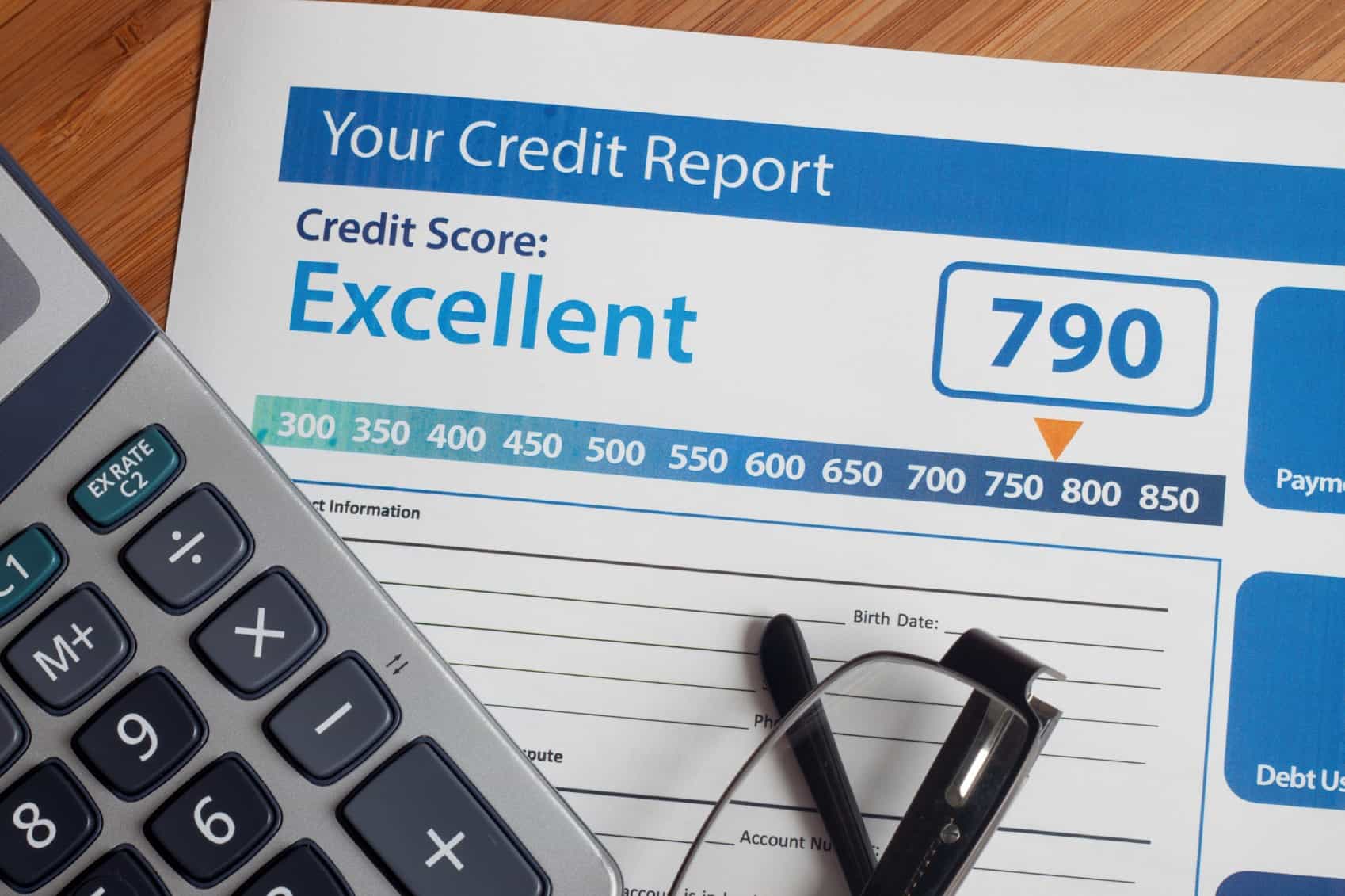In a previous post, we explained what a credit score is and why it is important. Now, our series on Credit Scores 101 continues, digging deeper into the topic. This time around, we’re covering what factors go into determining your credit score and what you can do to help keep it high to maximize the benefits you receive by having an excellent credit score.
One the biggest factors taken into consideration when determining your credit score is your open credit card utilization, which is basically the percentage of your total credit card limits that currently have balances. For example, if your credit cards have a total limit of $20,000 and you have a combined balance on all of them of $5,000, your utilization is 25%, which means you are using 25% of your total credit limit. In this example, that is a good percentage to have. Your goal should be to keep your utilization at 30% or lower. A lower number suggests to potential lenders that you use credit responsibly and don’t lean too heavily on your credit cards.
Other factors include the percentage of on-time payments you make, derogatory marks on your credit — including bankruptcy or foreclosure — and the number of hard credit inquiries, which usually occur when you apply for credit. These hard inquiries negatively affect your credit score, but the impact usually lessens within a couple of months.
Now the question becomes what can you do to keep the all-important three-digit number up? The easiest thing is to make your monthly payments on time. Each late payment is a negative on your credit score. Also, only use your credit cards when needed so you keep your utilization down, which subsequently keeps your credit score up.
You’ll also want to keep apprised of your score by checking it regularly. There are websites that help you do that, but you are also entitled, per federal law, to a free credit report annually from each of the three credit bureaus. It is a good idea to take advantage of the free reports and checking the information on them to ensure they are correct. Incorrect information on your credit report can negatively affect your credit score
As always, we’re here ready to answer any questions you may have, so don’t hesitate to contact us to learn more about your credit score or anything related to your financial portfolio.

